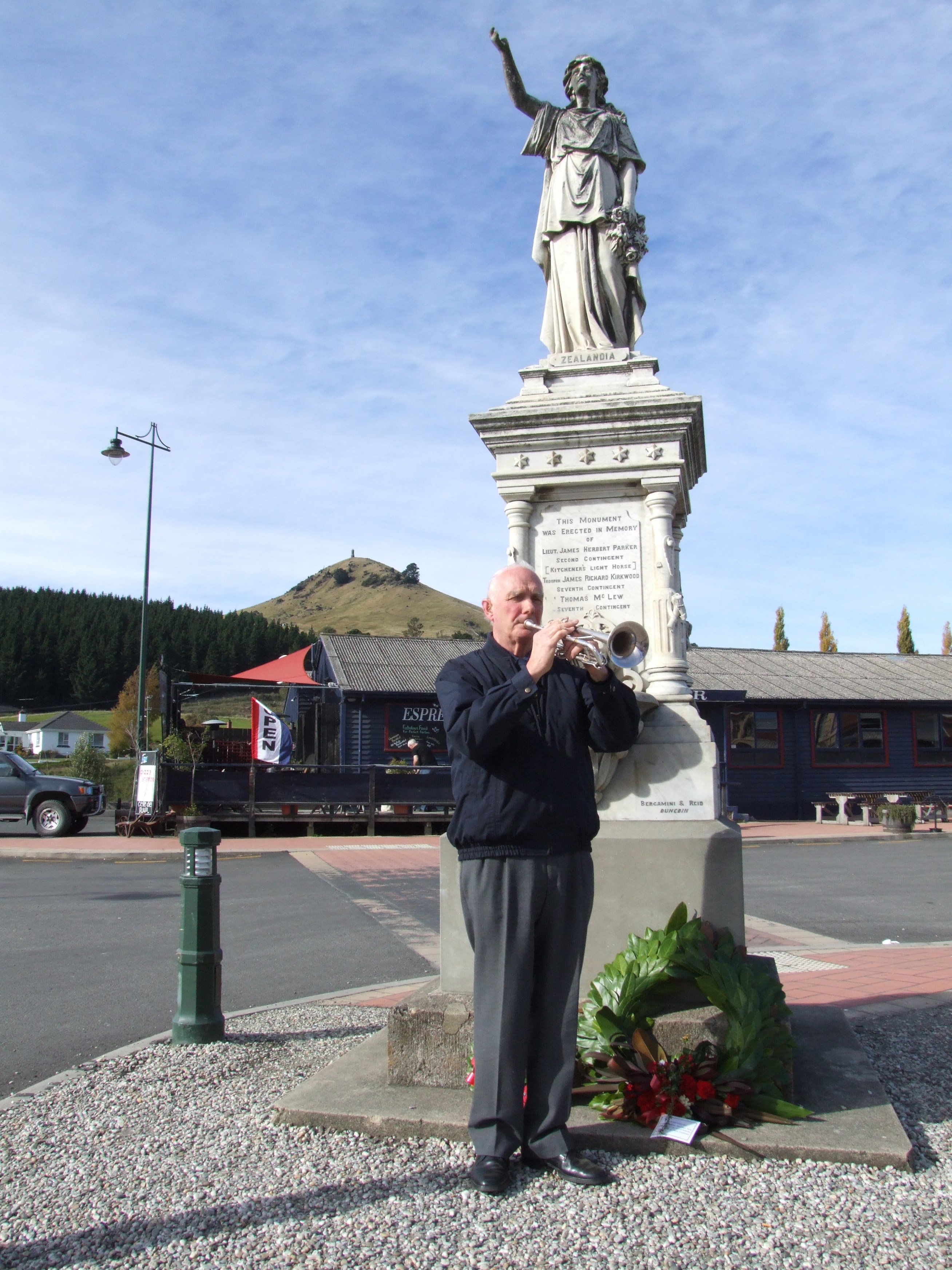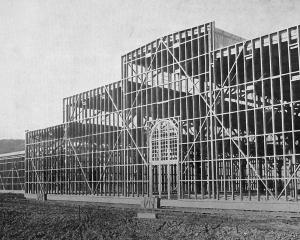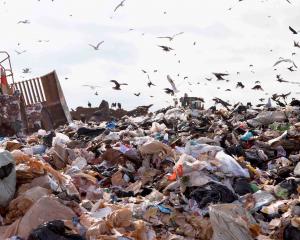
This was no mere declaration of kinship or affection; it was offered in recognition of Britain’s status as the entity responsible for giving birth to, nurturing and protecting the young New Zealand state.
Until relatively recently, the notion that Māori might also have had a hand in the creation of New Zealand, or that the Treaty of Waitangi might be viewed as the nation’s birth certificate, would have been dismissed out-of-hand.
Obviously, Māori had a past, but beyond the military and legal efforts required to silence those benighted natives demanding a future separate and distinct from that of the Pākehā, it could have no bearing on the colony’s development.
New Zealand was a child of the British Empire. Of that, its settlers were as certain as they were proud.
The fact that Queen Victoria, titular ruler of an empire greater than any the world had hitherto encountered, was a woman, only reinforced the motherly metaphor.
But if most agreed that Great Britain was the Motherland, did New Zealand’s settler society feel the same way about the nation it was building?
If pressed to provide an answer, would the settlers have stuck with the matrilinear option, or would they have opted instead to dub the entity that was rapidly emerging from the overwhelmingly masculine milieu of early colonial New Zealand, the "Fatherland"?
If the statue erected by the people of the little North Otago town of Palmerston in 1903 is any guide, the answer must be an emphatic "no".
This marble personification of the nation, arm uplifted to greet the 20th century, was "Zealandia" — and she was all woman.
Auckland and Christchurch boasted their own versions of Zealandia, and she even makes an appearance in the publicity material produced for the centennial of the signing of the Treaty of Waitangi in 1940. (Which, given the fact that she’s a lightly clothed Pākehā, is ever-so-slightly, umm, racist, and sexist, at least by today’s standards.)
Does that settle the matter? Have Pākehā New Zealanders, guided perhaps by Papatuanuku, the Māori earth mother, always looked upon the nation as female? Or were our colonial forefathers merely aping their European betters?
Most obviously Britain’s Britannia, but also France’s Marianne, the USA’s Columbia, and Germany’s Germania: all of them loosely-clad, somewhat stern young women, spoiling for a fight.
Except Zealandia never really caught on, did she? If asked, most Kiwis would scratch their heads and shrug their shoulders.
"Never heard of her, mate? Is she in a band?"
Some might guess that she’s the Pākehā sheila carrying the flag and facing the Māori warrior on New Zealand’s coat-of-arms.
But, for the most part, Zealandia, an unoriginal Edwardian attempt at fostering national identity, is long gone.
Which is not something one could say about the scores of soldiers keeping watch over the dead of this country’s foreign wars in small towns and large cities all across New Zealand.
Statues they may be, some carved out of marble, some cast in bronze, but for the families and friends of the fallen, whose names are often carved on the sides of the monuments they stand atop, these sentinels have kept the collective memory of sacrifice and loss alive for more than a century.
The first of these structures were raised in commemoration of the New Zealanders who fell "For the Empire" in the Boer War. Their statues strike heroic poses, as befitted their brutal imperial mission.
Those of the Great War of 1914-18 embody less belligerent impulses. A soldier stands, rifle thrust forward, protecting his fallen comrade. As much a tribute to Anzac mateship as martial valour.
New Zealand’s wartime prime minister, Peter Fraser, believing the country had too many monoliths to too many dead, opted instead to erect memorial halls to the fallen of World War 2.
Most still stand, places of community warmth and fellowship, rather than sad piles of cold marble and unflinching bronze.
No. New Zealanders will never refer to their nation as the Fatherland.
The term sounds ridiculous — as inappropriate in 2025 as "Mother Country".
New Zealand is a nation built by daughters and sons. Like settler societies everywhere, it pushes the past behind it, and strides towards the future.
Māori, who have lived here longer, are waiting for us to turn around.
■Chris Trotter is an Auckland writer and commentator.











